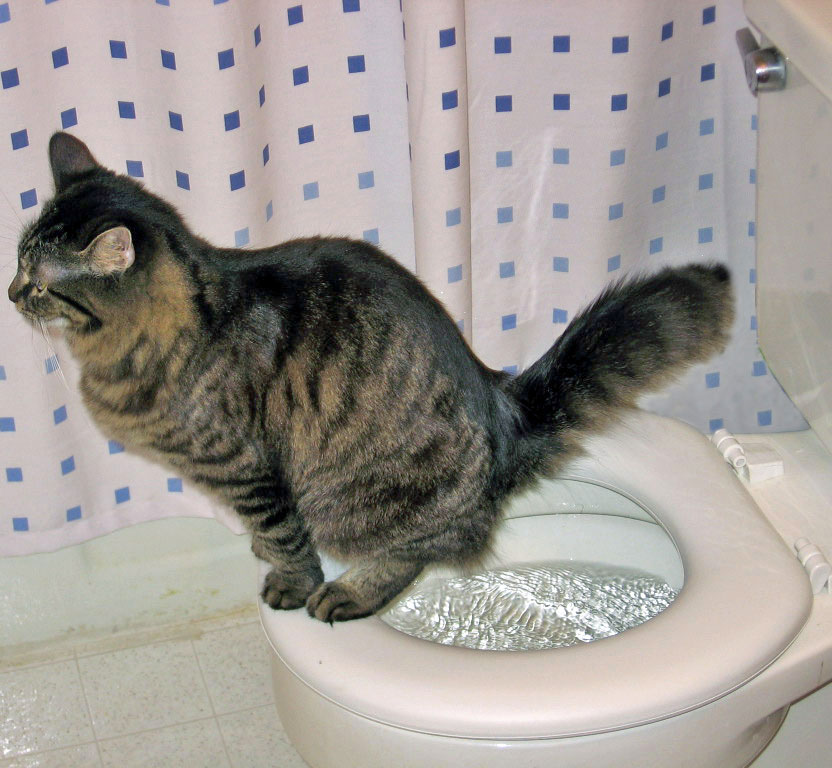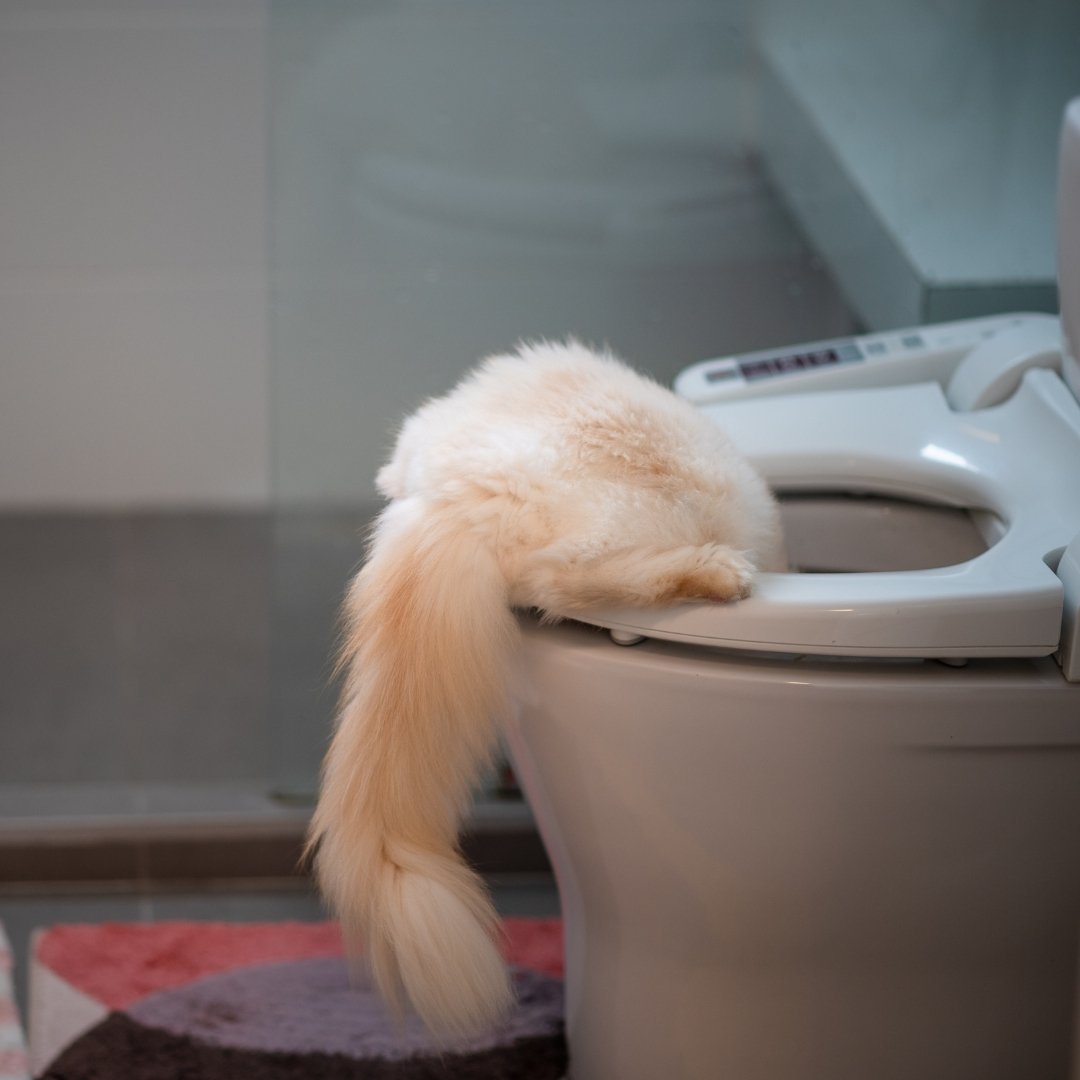Understanding Why Animal Waste Has to Not Be Flushed Down the Toilet
Understanding Why Animal Waste Has to Not Be Flushed Down the Toilet
Blog Article
Everyone maintains their own unique idea with regards to 4 Reasons Why Dog Poop Cleanup is Important.

When it involves getting rid of waste, specifically animal waste, many people often consider the hassle-free alternative of flushing it down the toilet. Nonetheless, this seemingly simple remedy can have major repercussions for the environment and public health. In this article, we'll discover why flushing animal waste down the bathroom is a negative idea and supply alternate methods for correct disposal.
Intro
Appropriate garbage disposal is important for preserving ecological sustainability and public health. While it might seem safe to purge animal waste down the bathroom, it can bring about different problems, both for the setting and human wellness.
Risks of flushing pet waste
Environmental influence
Purging animal waste introduces harmful microorganisms and pathogens right into waterways, which can negatively affect aquatic environments. These microorganisms can contaminate water resources and damage aquatic life, interfering with delicate environments.
Public health problems
Pet waste includes harmful bacteria such as E. coli and Salmonella, which can present significant wellness dangers to humans. Flushing pet waste down the toilet can infect water supplies, causing the spread of conditions and infections.
Alternatives to flushing
As opposed to flushing animal waste down the commode, there are several alternative disposal techniques that are much more environmentally friendly and hygienic.
Composting
Composting pet waste is an environment-friendly way to deal with it. By composting, organic matter is broken down right into nutrient-rich soil, which can be made use of to feed yards and plants.
Land fill disposal
Throwing away animal waste in a landfill is one more alternative. While not as eco-friendly as composting, it is a more secure choice to flushing, as it protects against the contamination of water resources.
Pet dog waste disposal systems
There are specialized pet garbage disposal systems available that securely and hygienically deal with pet waste. These systems typically make use of enzymes to break down waste and get rid of smells.
Steps to proper animal waste disposal
To make certain correct disposal of animal waste, adhere to these actions:
Scooping and bagging waste
Regularly scoop and bag pet waste utilizing naturally degradable bags. This prevents waste from contaminating the setting.
Utilizing designated waste bins
Dispose of bagged animal waste in assigned waste bins, such as garden compost containers or garbage dump containers. Avoid flushing it down the commode in any way prices.
Cleaning litter boxes and pet dog locations frequently
Frequently clean litter boxes and family pet locations to prevent the build-up of waste and microorganisms. Usage pet-safe cleaning items to maintain hygiene.
Benefits of proper disposal techniques
Embracing proper disposal techniques for animal waste uses a number of advantages:
Reduced environmental pollution
Appropriate disposal methods lower the risk of environmental pollution, protecting rivers and communities from contamination
Minimized risk of water contamination.
By preventing flushing pet waste down the commode, the danger of water contamination is considerably minimized, safeguarding public health.
Improved sanitation and health
Correct disposal techniques promote better hygiene and hygiene, developing a much safer atmosphere for both humans and pets.
Conclusion
Finally, flushing pet waste down the bathroom is harmful to the setting and public health. By adopting different disposal methods and complying with correct waste administration practices, we can minimize the adverse influence of animal waste and contribute to a cleaner, healthier earth.
What To Do With Dog Poo – The Do's And Don'ts Of Disposing Of Faeces
Dog poo bins
Some councils provide dedicated dog waste bins in popular dog-walking areas that can take dog poo that has been bagged but you can legally dispose of dog waste in any public litter bin, as long as it is securely bagged. This also applies to your wheelie bin at home.
Do not flush
Water companies do not recommend flushing dog faeces down the toilet because certain parasites can survive the water processing treatment and are potentially harmful to humans. You should also never consider flushing dog poo that has been bagged down the toilet as the bags will not break down and instead create severe blockages in the sewage system.
In the woods
The Forestry Commission promotes a ‘stick and flick’ method for dealing with waste in the woods. This means finding a stick and using it to flick any poo from off the path so that it is out of the way of other walkers. You could also bury it as long as it is not in an area where there might be livestock.
Livestock
Parasites found in dog poo can be transmitted to livestock if they inadvertently eat infected faeces that has been left on grazing land. This could result in the death of sheep or abortion in cattle so you should always make sure you pick up your dog’s waste in fields where livestock could be present.

Frequently clean litter boxes and family pet locations to prevent the build-up of waste and microorganisms. Usage pet-safe cleaning items to maintain hygiene.
Benefits of proper disposal techniques
Embracing proper disposal techniques for animal waste uses a number of advantages:
Reduced environmental pollution
Appropriate disposal methods lower the risk of environmental pollution, protecting rivers and communities from contamination
Minimized risk of water contamination.
By preventing flushing pet waste down the commode, the danger of water contamination is considerably minimized, safeguarding public health.
Improved sanitation and health
Correct disposal techniques promote better hygiene and hygiene, developing a much safer atmosphere for both humans and pets.
Conclusion
Finally, flushing pet waste down the bathroom is harmful to the setting and public health. By adopting different disposal methods and complying with correct waste administration practices, we can minimize the adverse influence of animal waste and contribute to a cleaner, healthier earth.
What To Do With Dog Poo – The Do's And Don'ts Of Disposing Of Faeces
Dog poo bins
Some councils provide dedicated dog waste bins in popular dog-walking areas that can take dog poo that has been bagged but you can legally dispose of dog waste in any public litter bin, as long as it is securely bagged. This also applies to your wheelie bin at home.
Do not flush
Water companies do not recommend flushing dog faeces down the toilet because certain parasites can survive the water processing treatment and are potentially harmful to humans. You should also never consider flushing dog poo that has been bagged down the toilet as the bags will not break down and instead create severe blockages in the sewage system.
In the woods
The Forestry Commission promotes a ‘stick and flick’ method for dealing with waste in the woods. This means finding a stick and using it to flick any poo from off the path so that it is out of the way of other walkers. You could also bury it as long as it is not in an area where there might be livestock.
Livestock
Parasites found in dog poo can be transmitted to livestock if they inadvertently eat infected faeces that has been left on grazing land. This could result in the death of sheep or abortion in cattle so you should always make sure you pick up your dog’s waste in fields where livestock could be present.

I was introduced to that report on Don't Flush Your Pets Poo Down The Loo, Vet Warns from a buddy on a different blog. Do you know about another person who is sincerely interested in the topic? Take a moment to share it. Thank you for your time spent reading it.
Click Here Report this page